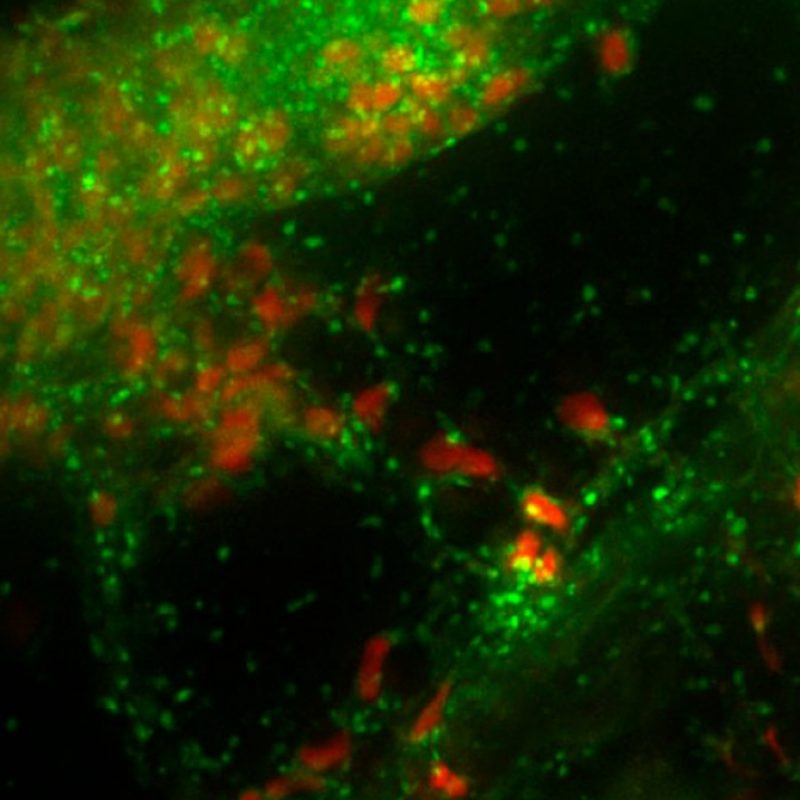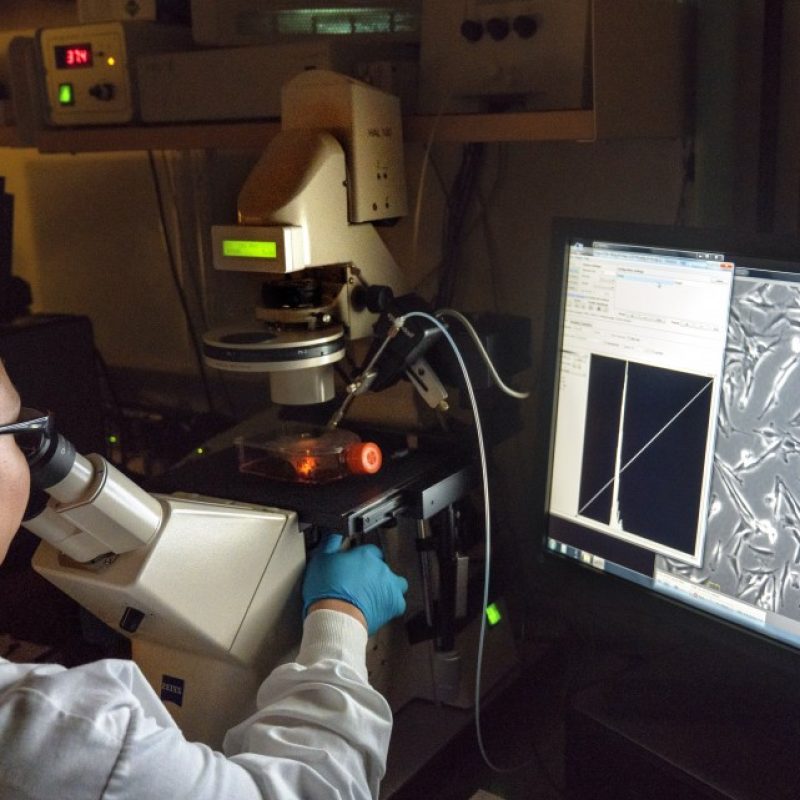Tag: Disease Ecology and Evolution
-

CIHMID/CCFI Joint Symposium
REGISTER HERE: cornell.ca1.qualtrics.com/jfe/form CIHMID, and the Cornell Center For Immunology (CCFI) will present a joint research symposium, open to the Cornell community. And despite the uncertainty surrounding Covid, and the Omicron variant specifically, CIHMID and CCFI are confident our joint symposium will be safe, and accessible for all attendees. As of right now our plan is to […]
-

Deborah Fowell
We are actively engaged in defining the signals that enable effector T cells to ‘find’ areas of infection and damage within inflamed tissues. We utilize intravital multiphoton microscopy and optogenetic tools to visualize and manipulate effector CD4+ T cells in situ. These approaches have revealed extrinsic[...] -

Mosquito venereal transmission of arboviruses.
Dengue (DEN) is the most prevalent arthropod-borne viral (arboviral) disease in the world; DEN disease incidence has increased dramatically in the last 50 years. Ae. aegypti is the most important vector of DENV to human hosts and the vector remains persistently infected with DENV for life. Understanding interepidemic maintenance of the virus is essential for […]
-

Gerlinde Van de Walle
With a dual focus on viral pathogenesis and stem cell biology, the objective of Dr. Gerlinde Van de Walle’s research is to open up new avenues towards therapeutic intervention by better understanding the pathogenesis of diseases important to veterinary and human medicine. To this end,[...] -

URE Program now accepting applications
Now accepting applications to CIHMID’s Undergraduate Research Experience (URE) Program for current Cornell undergrads. Find more info here. Applications are due Nov 8, 2024.
-

Megan Greischar lab
Parasite life history strategies within the host, especially the timing of replication and transmission, influence disease severity and spread. I study how subtle differences in ecology within and outside the host can generate dramatic differences in parasite strategies. My research program uses two major approaches: Building ecologically-detailed models to ask when and why particular strategies […]
-

Tobias Dörr lab
My group studies cell envelope stress responses of Gram-negative pathogens. We are defining regulatory pathways and functional networks of enzymes involved in cell wall degradation, modification and synthesis as well as factors required for upholding outer membrane barrier function. We seek to understand these processes to gain insight into the mechanistic underpinnings of cell growth […]
-

Clare Casteel lab
Numerous studies demonstrate that vector-borne pathogens, such as viruses, influence host characteristics that result in altered host-vector interactions and enhanced virus transmission. We seek to determine the molecular mechanisms that underlie this phenomenon and use this knowledge to develop innovative control strategies using genetic and biochemical approaches. Current focuses are on changes in plant signaling […]
-

Whittaker lab: Coronaviruses and Musteloidea
The Whittaker lab’s paper out in mBio that looks deeper into coronaviruses and their relationship to the superfamily Musteloidea. PAPER: https://mbio.asm.org/content/12/1/e02873-20
-

Pawlowska: Food safety and fungi
Assoc. Prof. Teresa Pawlowska discusses her lab’s work on food safety and fungi. The full text of the Cornell Chronicle story is below. CORNELL CHRONICLE STORY By Krishan Ramanujan A new grant will investigate how bacteria that live inside the cells of fungi may shape the biology, evolution, biodiversity and function of these fungi – […]
